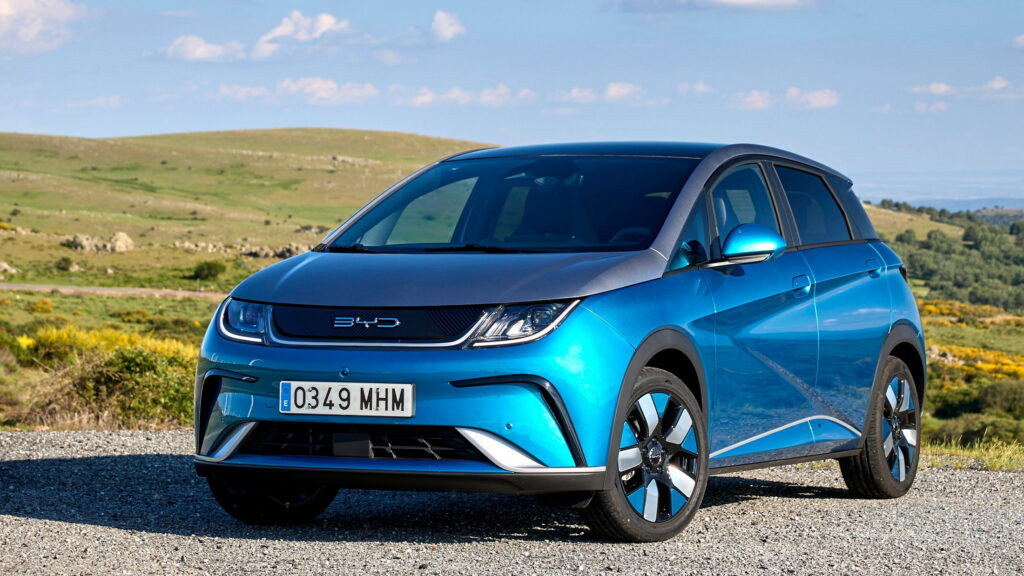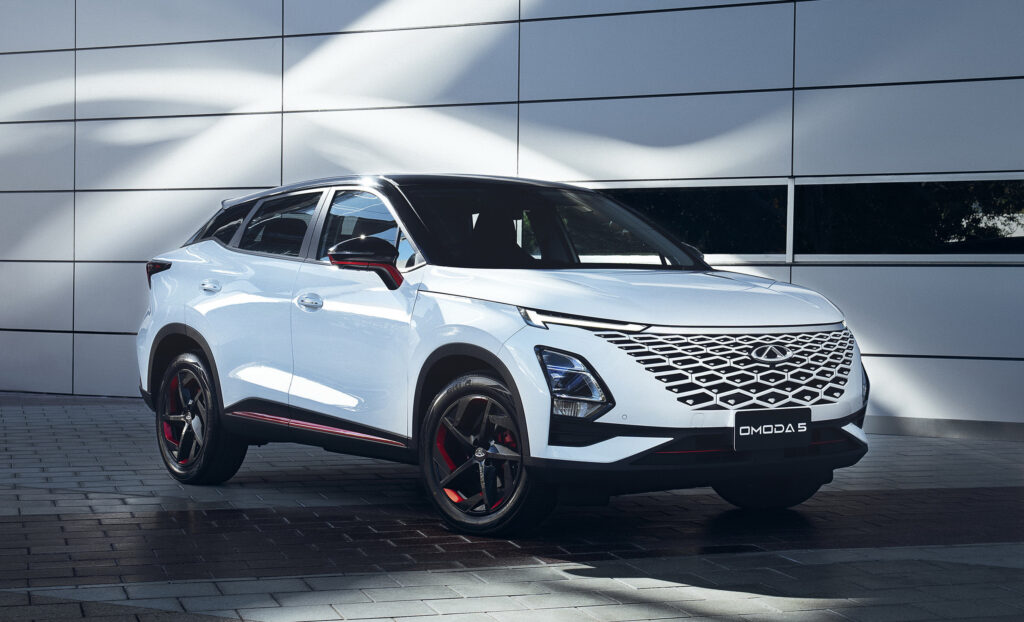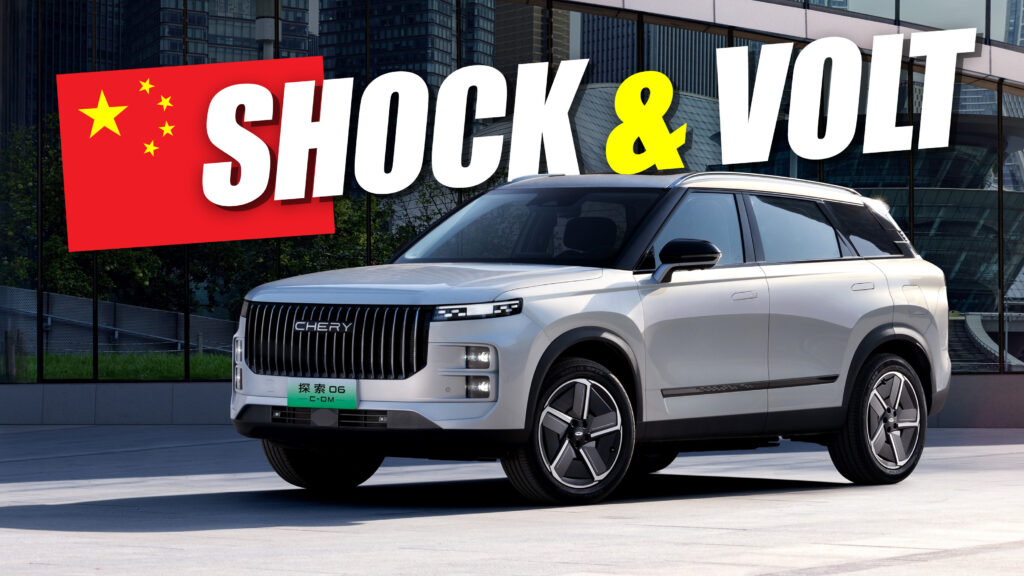- The Biden Administration is looking to quadruple tariffs on electric vehicles from China.
- The move doesn’t close an important loophole that Chinese companies could use to sell EVs in the US.
- The decision comes at the end of a years-long review that began after President Trump imposed several tariffs.
If you’ve been secretly itching to own a BYD Dolphin or any other Chinese EV, that hope might soon be dashed. President Joe Biden is believed to be preparing to impose a nearly 100% tariff on Chinese electric vehicles, according to a new report citing sources familiar with the matter.
This is a significant increase from the previous 25% tariff, and it nearly eliminates any chance that such vehicles will enter the US market. However, there is one Mexico-sized loophole to consider.
More: U.S. Govt Considers Banning Or Restricting Chinese Connected Cars
The new tariff, first reported by the Wall Street Journal and likely to become official next week, will apply not only to EVs but also to batteries and solar panels from China. This all comes at the end of a review that began in 2022. While some politicians, including former President Donald Trump, pushed for uniform tariff increases across the board, these are more targeted. They align closely with President Biden’s recent remarks about increasing tariffs on Chinese steel.
“For too long, the Chinese government has poured state money into Chinese steel companies, pushing them to make so much steel, as much as possible, subsidized by the Chinese government,” Biden said. “They’re not competing. They’re cheating. They’re cheating. And we’ve seen the damage here in America.”
The paper suggests that Biden will also include a 2.5% duty on all cars imported to the US.

It’s worth noting that these new tariffs reportedly do nothing to eliminate a major loophole that China could use to bring EVs into the US. That loophole is Mexico, the country where some Chinese companies could potentially manufacture their EVs. Should they do so, they could then avoid tariffs when bringing these vehicles to the US market. At the same time, additional hurdles might prevent that market change.
Last month, under pressure from the U.S., Mexico stopped offering federal incentives to Chinese automakers for setting up manufacturing plants in the country. The nation appears to recognize just how tricky of a spot it’s in. It clearly wants to protect its relationship with both nations. For his part, President Trump has indicated his desire to impose 60% tariffs across the board for Chinese products should he win the election in November.





